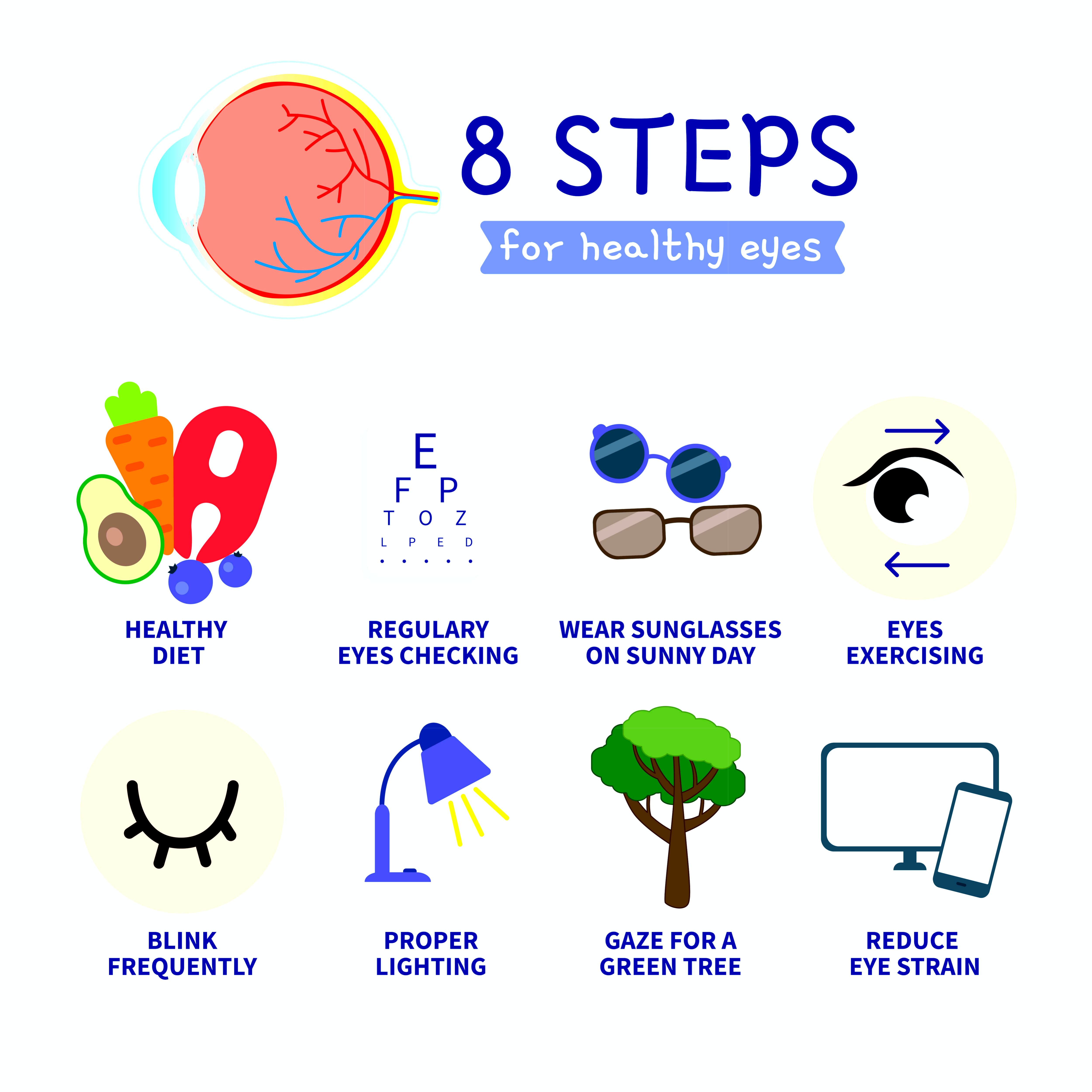All Categories
Featured
Table of Contents
Eye health and wellness is an essential part of overall health, and regular eye tests play an important function in keeping great vision throughout life. Each age team has specific needs and dangers associated with eye health and wellness, making it vital to comply with customized recommendations for eye exams. Below's a thorough summary of exactly how commonly eye exams need to be scheduled for various age groups.
After the very first exam, children ought to have a second eye evaluation around age 3, when they can better participate in testing and assessment. If no vision problems are recognized, the following examination is advised before starting institution, usually around age five. Early detection of concerns can result in timely treatment and support healthy and balanced visual development.
Moms and dads ought to search for indicators of vision issues, such as problem reviewing the chalkboard, squinting, or grumbling of migraines. It's important to schedule an eye test immediately if any of these symptoms emerge. Youngsters who get involved in sporting activities might gain from annual eye tests to make sure ideal aesthetic efficiency and security throughout activities.
![]()
Young grownups frequently experience electronic eye stress because of substantial screen time, bring about signs like dry skin and pain. If you discover these symptoms, seeking an eye test is important. An eye care professional can offer services, such as computer system glasses or lifestyle changes, to reduce strain.
For individuals with health conditions like diabetes mellitus or high blood stress, even more regular examinations might be needed. Regular monitoring is crucial for early discovery and administration of prospective complications that can impact vision.
Senior citizens might additionally experience modifications in their visual perception, such as trouble seeing in reduced light or distinguishing shades. Regular eye examinations enable timely treatment and assistance keep self-reliance and lifestyle.
Infants (0-2 Years)
Infants undertake substantial aesthetic development in their early years, making early eye evaluations crucial. The American Academy of Pediatrics advises that babies have their first eye test at about six months old. This preliminary check out aids recognize any kind of possible vision problems, such as strabismus (gone across eyes) or congenital cataracts, which can affect advancement if not dealt with early.After the very first exam, children ought to have a second eye evaluation around age 3, when they can better participate in testing and assessment. If no vision problems are recognized, the following examination is advised before starting institution, usually around age five. Early detection of concerns can result in timely treatment and support healthy and balanced visual development.
Kids (3-18 Years)
For school-aged youngsters, regular eye exams are important for both scholastic success and basic health. Youngsters need to have their eyes inspected every one to two years, depending on their private demands. Colleges typically conduct vision screenings, but these do not replace comprehensive eye exams by an eye treatment expert.Moms and dads ought to search for indicators of vision issues, such as problem reviewing the chalkboard, squinting, or grumbling of migraines. It's important to schedule an eye test immediately if any of these symptoms emerge. Youngsters who get involved in sporting activities might gain from annual eye tests to make sure ideal aesthetic efficiency and security throughout activities.
Young Adults (19-39 Years)
During young their adult years, many individuals enjoy reasonably secure vision, yet that does not indicate eye care can be overlooked. Youthful adults should schedule comprehensive eye examinations every 2 years. Those who put on contact lenses or have a household history of eye condition need to take into consideration yearly examinations.
Young grownups frequently experience electronic eye stress because of substantial screen time, bring about signs like dry skin and pain. If you discover these symptoms, seeking an eye test is important. An eye care professional can offer services, such as computer system glasses or lifestyle changes, to reduce strain.
Adults (40-64 Years)
As people enter their 40s, adjustments in vision can become much more evident, specifically presbyopia, a problem that makes it challenging to concentrate on close items. Adults in this age must schedule eye examinations every one to two years. This is additionally the age when numerous eye diseases, such as glaucoma and diabetic retinopathy, can start to create.For individuals with health conditions like diabetes mellitus or high blood stress, even more regular examinations might be needed. Regular monitoring is crucial for early discovery and administration of prospective complications that can impact vision.
Elders (65 Years and Older)
Senior citizens are at a boosted threat for various eye conditions, consisting of cataracts, age-related macular degeneration, and glaucoma. It's recommended that individuals matured 65 and older have an eye exam at the very least as soon as a year. Early detection of these problems is crucial, as numerous can be treated effectively if captured early.Senior citizens might additionally experience modifications in their visual perception, such as trouble seeing in reduced light or distinguishing shades. Regular eye examinations enable timely treatment and assistance keep self-reliance and lifestyle.
Conclusion.
Focusing on eye treatment and routine examinations makes sure that individuals can appreciate clear vision and a better quality of life, making eye wellness a crucial facet of lifelong health. Normal consultations with an eye care specialist will certainly pave the method for much healthier eyes and a brighter future.Table of Contents
Latest Posts
The History and Evolution of Ornamental Iron Fencing
Published Feb 09, 25
2 min read
Experience the Boogaloo: Eating, Drinks, & Sports at FunCity Hotel
Published Feb 04, 25
2 min read
Choosing Between Continuous Panel Fencing and Traditional Fencing: What's Best for You?
Published Feb 03, 25
1 min read
More
Latest Posts
The History and Evolution of Ornamental Iron Fencing
Published Feb 09, 25
2 min read
Experience the Boogaloo: Eating, Drinks, & Sports at FunCity Hotel
Published Feb 04, 25
2 min read
Choosing Between Continuous Panel Fencing and Traditional Fencing: What's Best for You?
Published Feb 03, 25
1 min read